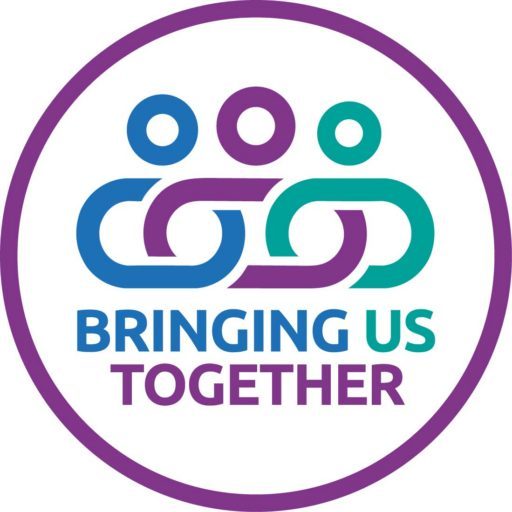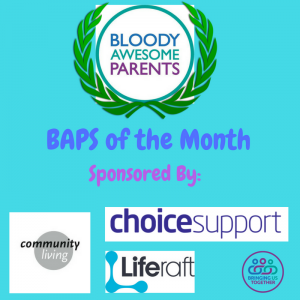11 Steps to Success – Step 8
Over the last week, we have been following Alan Wilson‘s 11 Steps to Success.
So far, we have looked at steps 1 to 7.
Step 1 – Preparation
Step 2 – What are you good at?
Step 3 – What is good in your life?
Step 4 – The Wheel of Life
Step 5 – Dream Time
Step 6 – What’s Important
Step 7 – More Clarity
Today, we are going to be looking at what we do with the information you have learned about yourself in steps 1 to 7 and how to move forward with your goal-setting and making the changes you want in your life.
 Step 8 – SMART goals
Step 8 – SMART goals
A word about SMART goals
Some people do not rate SMART goals and that is usually because they do not work through the goal to ensure that all elements are included and are accurate and concise.
I can assure you that if you work 100% within the following criteria, you will be successful
S M A R T is an acronym for Specific, Measurable, Achievable, Realistic and Tangible/Timed.
Your goals need to contain all of these elements to make them valuable and enable you to make progress and achieve. So let’s go through each of them in turn.
Specific
A specific goal has a much greater chance of being accomplished than a general goal. To set a specific goal you must answer the following questions:
- Who: Who is involved? It must only involve you.
- What: What do I want to accomplish?
- Where: Where will I be?
- When: When do I want it by? If it’s a big goal, does it need to be broken down in steps?
- Which: Which things will help me and which will hold me back?
- Why: Why do I want this? (be specific!) What will I see, hear, feel when I have achieved my goal?
Example: A general goal would be, ‘get in shape’ but a specific goal would be ‘lose 10lbs within 30 days and be able to run for 10 minutes at the gym’.
Measurable
When you measure your progress, you stay on track, reach your target dates and experience the exhilaration of achievement that spurs you on to the continued effort required to reach your goal. Ask yourself ‘How will I know when I’ve achieved it?’ and write it down.
Achievable
When you identify the goals that are most important to you, you start to find ways to make them come true. You also begin to develop the attitudes, abilities and skills to reach them. In addition you will start to notice previously overlooked opportunities which can bring you closer to achieving your goals.
Some questions that can help are:
- What could I do to move myself one step forward?
- What would I be doing if:
- I were not answerable to anyone?
- I had all the money in the world?
- I could devote all your time to this?
- What could I do if I did not have to live with the consequences?
- If I secretly knew what I should do first, what would it be?
- Review options carefully – does this spark another idea?
Choose one option that will move you forward. It can be the easiest, cheapest, quickest.
Confirm that it will move you forward. What will the benefit be? Identify it and write it down.
Goals that you may once have thought would never happen move closer and become attainable. This is not because your goals shrink but because you grow and expand to match them – when you list your goals you build your self-image.
Realistic
To be realistic, a goal must be something which you are both willing and able to work towards. A goal can be both high and realistic; you are the only one who can decide just how high your goal should be. But be sure that every goal represents substantial progress.
Tangible/Timed
A goal is tangible when you can experience it with one of the senses. In your mind, can you see a picture of it, hear someone congratulating you on achieving it, taste the success, or smell something new? If you can, you have a better chance of making it specific and measurable and thus attainable. (Timed has been covered under ‘Specific’)
Goals lead to success!
You may be interested in some research carried out by Yale University which proved that 3% of graduates were worth more after a period of 20 years than the other 97% put together! These 3% also had better health and enjoyed better relationships. So what did they have that the other 97% didn’t? Parental wealth, better degrees, better careers, different gender or ethnic origin? No. The 3% had written goals.
So write your goals down.
In our next post, we will be looking at Steps 9 to 11. Sign up below to subscribe to our posts so you don’t miss it.
Mum to three great kids, each with a different SEN.
Transplanted from the NW to the SE.
Co-founder and Director of Bringing Us Together








